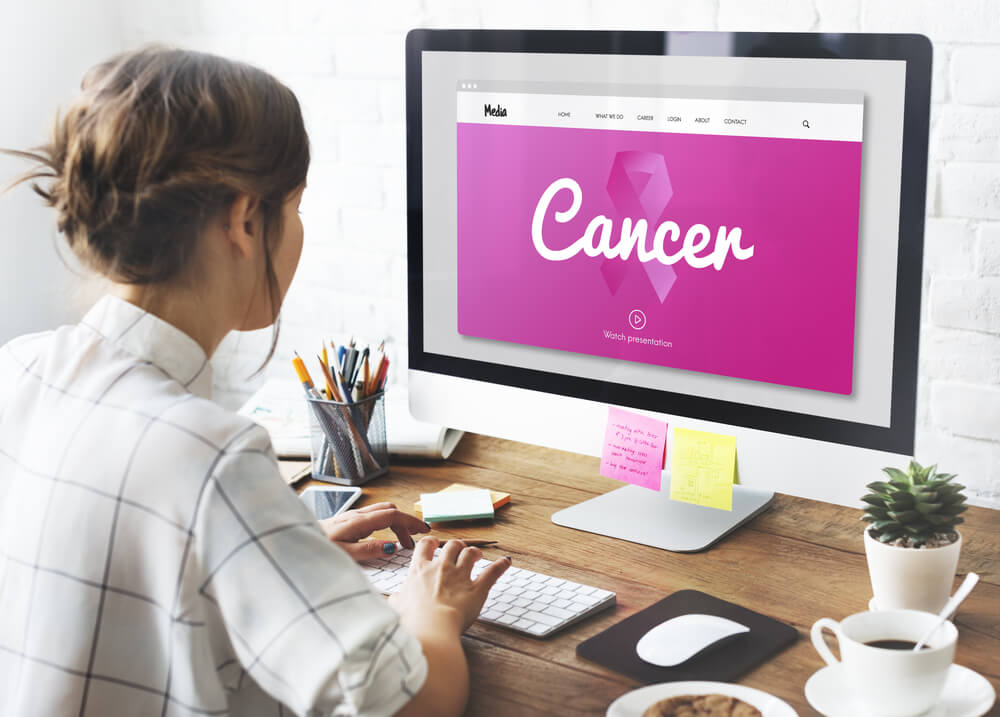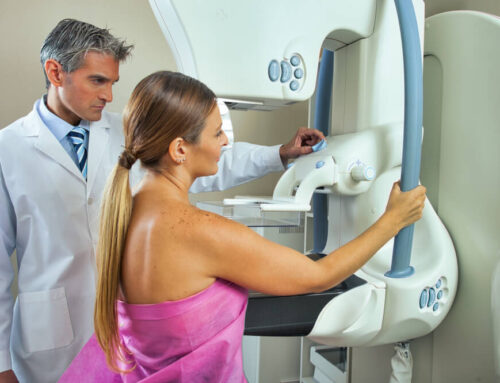Cancer And Work
Receiving a breast cancer diagnosis can be debilitating for anyone. Often, work is the last thing that most women will have in mind, but still, the question remains: can you work with cancer?
The Breast Care Center Miami team knows that for some, the disease will have almost minimal effect on their work life, but for others, balancing out the new situation may raise many questions.
Whether you are caring for someone with cancer and working or pulling through with a diagnosis yourself, the following strategies may help with managing the physical, emotional, and even legal aspects of balancing breast cancer and work.
Speak About The Diagnosis
What happens to your job if you get cancer? To fully answer this question, you must decide whether you want to tell anyone about the condition. You don’t have to unless it becomes apparent that treatment interferes with your schedule.
Still, if you decide to speak about it, some might raise questions about your productivity because of the treatment appointments.
Your comfort should be essential, so if you choose to tell only your supervisor or closer colleagues, it’s entirely up to you.
Still, ensure to do it the following way:
- Have the conversation in a private area.
- Talk to your colleagues in smaller groups.
- Assure them and your managers that you will be able to perform and will do everything the best you can.
- Still, remind them that you may need some more flexibility to handle breast cancer treatment and work and that you will keep them posted about your condition.
- Don’t shy away from answering questions, but let them know if they’ve crossed the line.
- Also, address possible physical changes due to the treatment (like possible hair loss)

Working During Cancer Treatment
Can you work with cancer while you’re receiving treatment? This will also depend on several factors. First, your provider should know if you’re working. They may be able to create a treatment schedule around your work hours.
Also, talk about the possible cognitive effects of treatment, like lack of concentration and memory loss which may also impact work. Because of this, you might want to keep a work journal where you will:
- Record necessary appointments and meeting dates.
- Make notes about essential conversations, writing down the decisions made and some of the ideas you want to remember.
- Track your deadlines
- Stick to your goals but remind yourself that it’s okay to rest if you feel you’re pushing yourself too hard.
Taking Some Time Off
Whether you’ve got a diagnosis or are caring for someone with cancer and working, it can be okay to take some time off. Sure, financial instability and losing health insurance coverage can trigger anxiety. However, with a few thought-out steps, you can still have your job, its benefits, and financial security.
Consider the following:
- Research both short- and long-term disability programs that provide a specific amount of your income when illness or injury prevents you from going to work.
- Purchase a disability insurance policy from a financial planner or insurance agent.
- Research the FMLA (The Family and Medical Leave Act), which allows you to take around.
Weeks of unpaid leave.
Also, if you are thinking about not working during cancer treatment, you can still take a few steps to help your workplace and coworkers while you’re away:
- Your coworkers may take over some of your workload, and you can appoint someone to take over your decision-making role if you are in a managerial position.
- Make sure to label and organize all of your paper and electronic files so others can easily locate them.
- Teach them the tasks only you could perform previously. If you can’t write detailed instructions that are easy to follow.
Getting Back To Work
For some, “Can you work with cancer?” is a more straightforward question to tackle than “How to get back to work after?”
While it might sound odd, some people may find it more challenging to return to work after treatment. Because of this, experts advise taking it slow, especially if you experience difficulties adjusting. You don’t have to get back head-first; opt for a part-time schedule if possible. Later, you can return to full-time when you have the energy and persevere through an entire workday.
Being Self-Employed
If you run your own business and received a cancer diagnosis, it doesn’t mean you should close shop. There are some ways you can keep the work running while getting treatment:
- Consider temporary help from friends, close associates, or business partners who can help with your role.
- Keep your records manageable and clear so others can take them over if needed.
- Before beginning treatment, complete any significant tasks. Smaller tasks will be easier to manage even after your treatment starts.
- Check your healthcare coverage to know whether your medicines are covered.
- Check with financial advisers to see where you can save money and absorb any economic impacts from your absence.
- Keep your schedule flexible and rest when needed; you’re the boss.
Exploring New Jobs
Regarding job interviews and your health status, it’s essential to understand your rights and how to navigate the conversation. In most cases, you are not required to disclose your health status to prospective employers, as it is typically illegal for them to inquire about your health history. However, employers may ask about your ability to perform the job if an apparent limitation needs to be addressed.
If questions about your health status arise during job interviews, your responses should be cautious yet truthful. For instance, if asked about a gap in your resume, you could mention that you experienced a health issue that has been treated and resolved, emphasizing your readiness to work and highlighting your skills and abilities. If you are still undergoing treatment and have specific accommodation requests, such as a flexible schedule, it is important to inform your potential employer. Reassure them that your work ethic remains strong and that your health condition will not compromise your performance.
Remember, the focus should be on showcasing your qualifications and demonstrating how you can contribute positively to the organization.

Dealing With Discrimination At Work
Individuals diagnosed with cancer can sometimes face unfair treatment in the workplace. Actions such as denying promotions to capable employees, unequal pay for similar roles, or making inappropriate jokes or comments can be considered forms of discrimination. It is important to note that it is illegal for an employer to treat competent employees differently based on their health status. Employees who believe they face discrimination due to a health issue are protected under the Americans with Disabilities Act (ADA). Still, the employer must be aware of the health condition.
Explore Your Every Option
Some people may choose to retire sooner than planned after receiving a diagnosis. And while retirement may throw a whole new set of challenges at you, it might be the most feasible option in some cases.
Still, getting a cancer diagnosis will surely change several aspects of your life. Apart from providing treatment, our experts in Pembroke Pines and Miami also profoundly understand cancer’s mental and social factors and are more than ready to help every patient get back on track after a diagnosis.
If you’d like to know more, feel free to schedule an appointment with us.






